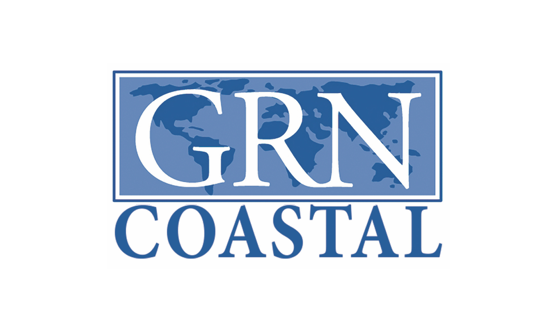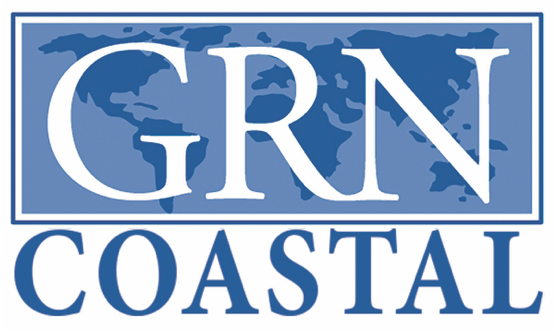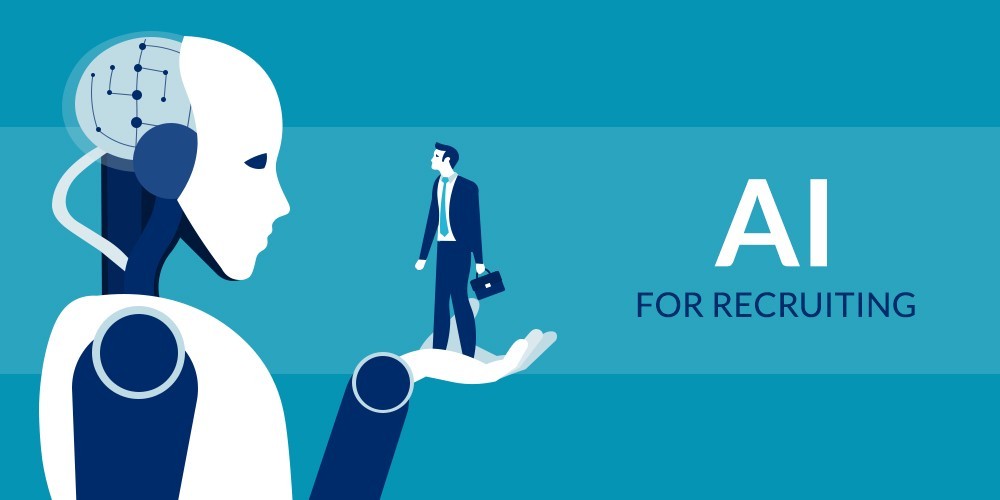There has been lot of talk regarding AI and certainly AI will never replace recruitment itself in theory as recruitment will always have a human component to it. That is, recruitment takes a degree of human interaction and person to person discussion, your recruiter can speak to things like company culture, fit, chemistry and what it is like to work at your company. Your recruiter can get a sense for the candidates fit to the job requirements and if they truly can do the job as your recruiter knows your geography, position history and competitive landscape. AI will never replace the human touch. BUT AI on the other hand can really help ion creating a more knowledgeable recruiter. Here are some ways AI can help.
Recruiters can leverage ChatGPT, Claude ,Co Pilot and other AI tools to gain a significant insights and efficiencies in the recruitment process by streamlining various tasks, improving candidate engagement, and enhancing their overall recruitment strategy. Here’s a detailed explanation of how recruiters can use AI tools to get ahead of the game:
- Crafting Job Descriptions and Advertisements
Creating compelling and clear job descriptions is a time-consuming task, but AI tools can help streamline this process. Recruiters can input key details about the role (such as responsibilities, qualifications, and company values), and AI tools can generate well-written, targeted job descriptions tailored to attract the right candidates.
- Time-Saving: AI tools can draft multiple variations of job descriptions in a matter of minutes, allowing recruiters to post job ads quickly.
- SEO Optimization: AI tools can optimize job descriptions for search engines by including keywords that are commonly searched by candidates in the industry, increasing the visibility of the job posting.
- Engaging Content: With AI tools help, recruiters can create engaging, attention-grabbing descriptions that reflect the company culture and entice top talent.
- Screening and Analyzing Resumes
AI-driven tools can be used to assist in analyzing resumes by quickly scanning and summarizing candidates’ qualifications, skills, and experience. AI tools can also provide recommendations on which resumes best match the job requirements.
- Initial Screening: Recruiters can upload resumes into the system and use AI tools to identify key qualifications or highlight the most relevant skills, saving time in the initial screening process.
- Personalized Summaries: AI tools can generate personalized summaries of candidates’ resumes, offering insights on why a candidate might be a good fit for the role or identifying any red flags.
- Matching Candidates to Roles: AI tools can analyze resumes and match candidates to specific job descriptions by evaluating keywords, skills, and past roles, making the shortlist process more efficient.
- Interview Question Generation
AI tools can help recruiters create thoughtful, tailored interview questions that align with the job description, candidate experience, and company culture. This ensures that every interview is focused and productive.
- Custom Questions for Specific Roles: By analyzing job descriptions, AI tools can suggest relevant behavioral and technical interview questions tailored to the specific position, ensuring comprehensive evaluation.
- Structured Interviews: AI tools can help recruiters create structured interview guides, ensuring that the interview process is consistent and that all relevant competencies are evaluated across candidates.
- Automating Candidate Communication
Effective communication with candidates is essential, but it can be time-consuming. AI tools can be used to automate communication at various stages of the recruitment process, improving candidate engagement and experience.
- Personalized Outreach: AI tools can help create personalized emails to candidates, whether it’s reaching out to invite them for an interview, sending a follow-up after an interview, or delivering an offer letter.
- Consistent Communication: AI tools ensure that messages are sent in a timely manner, reducing the risk of delays or lost communication, which can sometimes lead to candidates losing interest.
- FAQ Chatbots: Recruiters can set up AI tools as a chatbot to handle frequently asked questions from candidates, such as those about the hiring process, company culture, or role-specific queries. This frees up recruiters to focus on more complex tasks.
- Enhancing Candidate Screening with AI-Driven Assessments
AI tools can be used to assist with early-stage candidate assessments. For example, recruiters can integrate AI tools into pre-screening stages by asking candidates to answer questions or complete simple tasks related to the job.
- Automated Pre-Interview Assessments: Recruiters can create short, interactive assessments with AI tools that evaluate a candidate’s basic skills, like writing ability, problem-solving, or even technical expertise.
- Cultural Fit Analysis: AI tools can analyze candidate responses to certain questions to assess whether their communication style, tone, and values align with the company’s culture.
- Behavioral Insights: By leveraging AI, recruiters can use AI tools to understand candidates’ behavioral traits based on their answers, helping to assess traits like decision-making, teamwork, and leadership.
- Improving Candidate Engagement through Chatbots
AI tools can be used as a chatbot on recruitment websites, social media platforms, or email campaigns to engage candidates and guide them through the application process. This makes the process more interactive and personalized for candidates.
- 24/7 Availability: AI tools can be available around the clock, answering candidates’ questions and providing assistance at any time, ensuring that potential candidates don’t miss out on opportunities due to timing.
- Personalized Candidate Experience: By collecting and analyzing data on the candidates’ previous interactions, AI tools can offer personalized recommendations for job openings, making candidates feel more valued and understood.
- Streamlining the Application Process: Candidates can interact with AI tools to get immediate responses about application statuses, the next steps in the process, or interview scheduling.
- Improving Onboarding Communication
After hiring a candidate, AI tools can help recruiters facilitate a smooth onboarding process by automating communication and answering any questions the new hire may have before their first day.
- Onboarding Information: AI tools can provide essential pre-boarding materials, such as the company’s employee handbook, benefits packages, or new hire forms, making it easier for the new employee to get started.
- Answering Onboarding Questions: It can assist new hires by answering questions they have about the company culture, the team structure, or the tools they’ll be using, ensuring they feel prepared and welcome before their first day.
- Tracking Onboarding Progress: AI tools can help recruiters track the completion of onboarding steps and ensure the new hire has everything they need for a successful start.
- Enhancing Candidate Experience with Tailored Feedback
AI tools can be used to provide candidates with constructive feedback at various stages of the hiring process, enhancing their overall experience and improving employer branding.
- Post-Interview Feedback: After interviews, recruiters can use AI tools to provide candidates with personalized feedback on their performance. This can enhance the relationship with candidates, even if they’re not selected for the role.
- Continuous Improvement: By collecting feedback from candidates about their experience with the recruitment process, recruiters can use AI tools to analyze the responses and identify areas for improvement, enhancing the recruitment strategy over time.
- Market Research and Trend Analysis
Recruiters can use AI tools to stay up-to-date with industry trends and salary benchmarks, helping to refine their recruitment strategies and ensure they’re staying competitive.
- Salary Benchmarking: AI tools can quickly pull data from various sources to provide insights into competitive salaries, helping recruiters offer attractive packages.
- Talent Pool Insights: AI tools can analyze the market and offer insights into candidate availability, skill shortages, and emerging trends in the workforce, allowing recruiters to adapt their strategies accordingly.
Conclusion
By integrating AI tools into the recruitment workflow, recruiters can save time, reduce the administrative burden, and enhance candidate experiences. From drafting job descriptions to automating candidate engagement and providing tailored feedback, AI tools can handle numerous repetitive tasks, allowing recruiters to focus on building meaningful relationships with candidates and clients. Leveraging this powerful tool ensures that recruiters are ahead of the game, staying competitive in a fast-evolving job market but the human touch in recruitment will make their candidate want to come work for your company. We look forward to technology advancements with a keen eye on never losing our grip on having a first hand, plant floor and job site level knowledge which will always be a great recruiters special weapon and a true value and competitive advantage for their companies recruitments efforts.
John Salvadore
GRN Coastal
Managing partner
jsalvadore@grncoastal.com
508-589-6022 office
recent articles
https://grncoastalrecruiters.com/ai-human-touch-recruiting/
https://grncoastalrecruiters.com/finding-the-perfect-fit-how-grn-coastal-creates-lasting-success/








